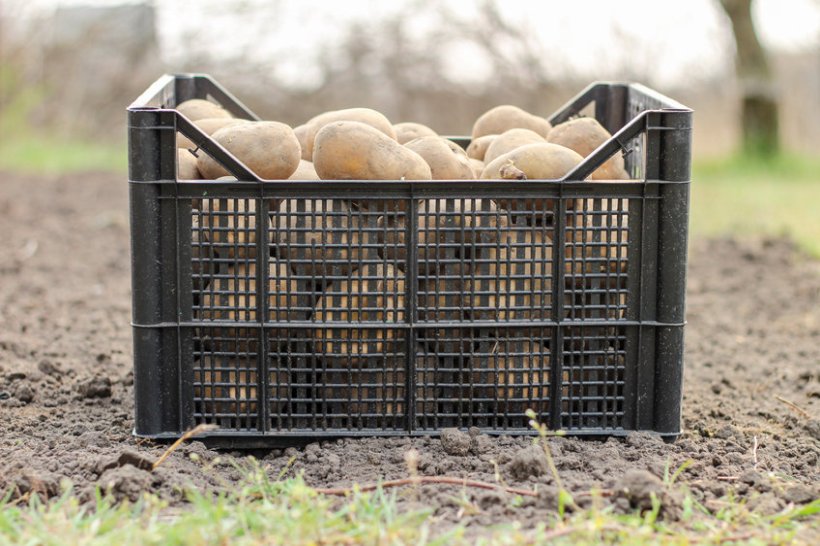
A new project has received a substantial grant to detect potato diseases and defects before they hit supermarket shelves.
Agri-tech firm B-Hive Innovations' project has received £675,000 to develop cutting-edge technology for food waste reduction.
The project will use volatile biomarkers and innovative gas sensors to detect diseases and defects which affect the potato crop.
The TuberSense project will also help to establish a framework for crop disease prevention and precision detection from farm-to-fork by developing new gas sensors.
Research scientist Dr Barbara dos Santos Correia said the project, which was awarded by UK Research and Innovation (UKRI), could transform the agri-food industry.
She said: "Our project will help to identify emerging climate-driven and disruptive diseases that affect potato farming and storage across the UK and create innovative decision support tools based on volatile sensing.”
UKRI's Future Leaders Fellowship is a highly competitive scheme that supports ambitious and challenging research and innovation.
It provides training and career development, to maximise the leadership potential of talented early career researchers.
Vidyanath Gururajan, managing director at B-hive Innovations, said: “Projects such as TuberSense can be undertaken to help transform the agriculture industry.
"We look forward to research getting underway and the results it will bring.”
